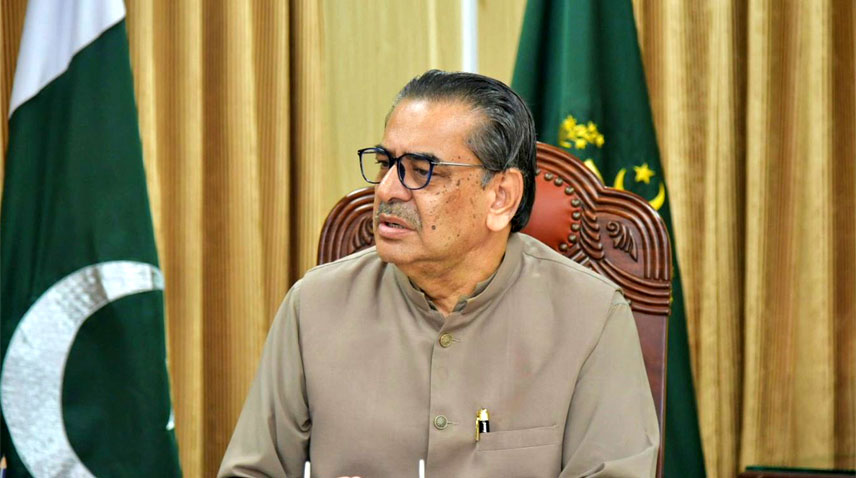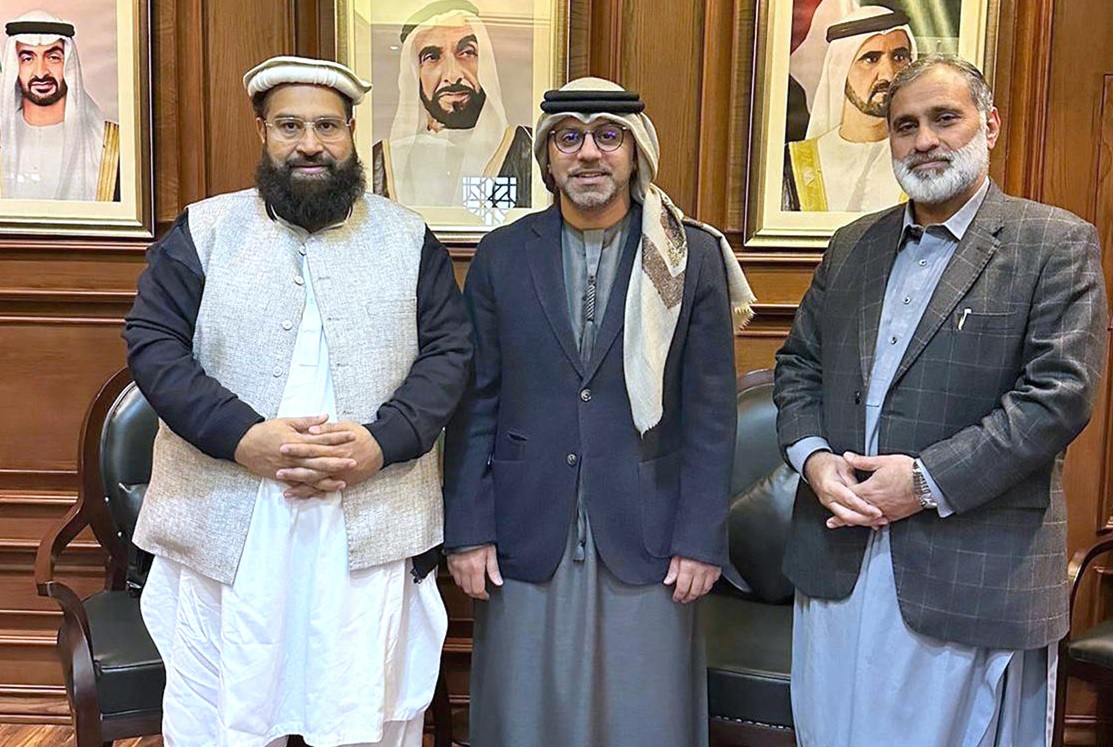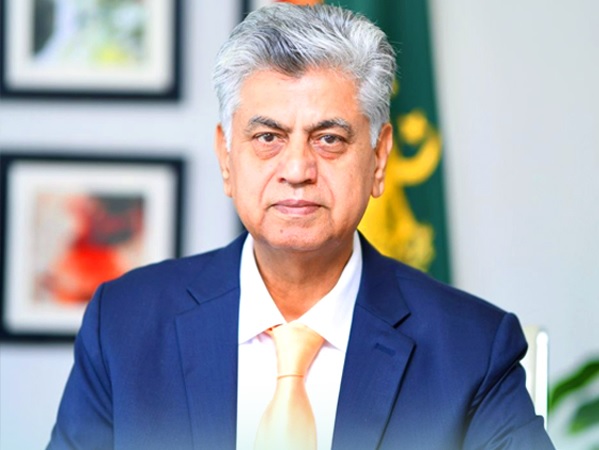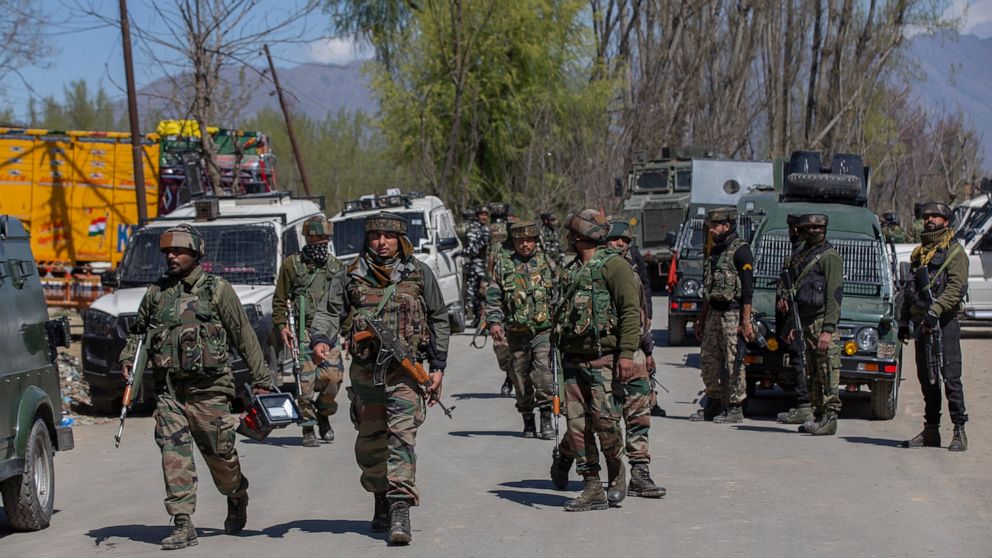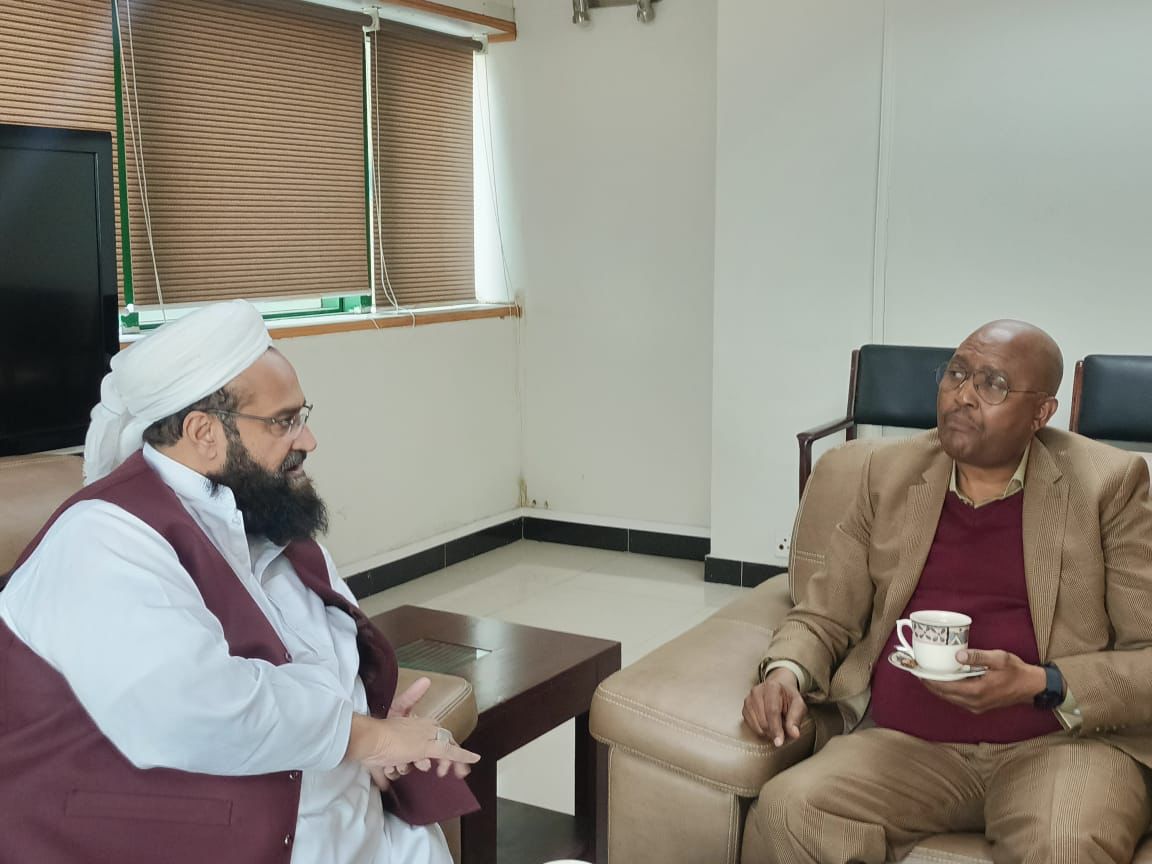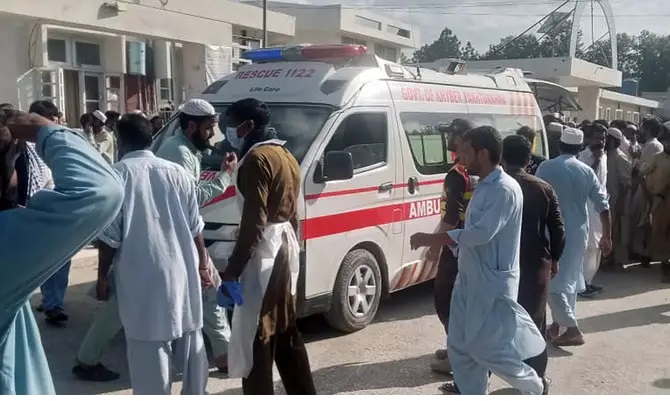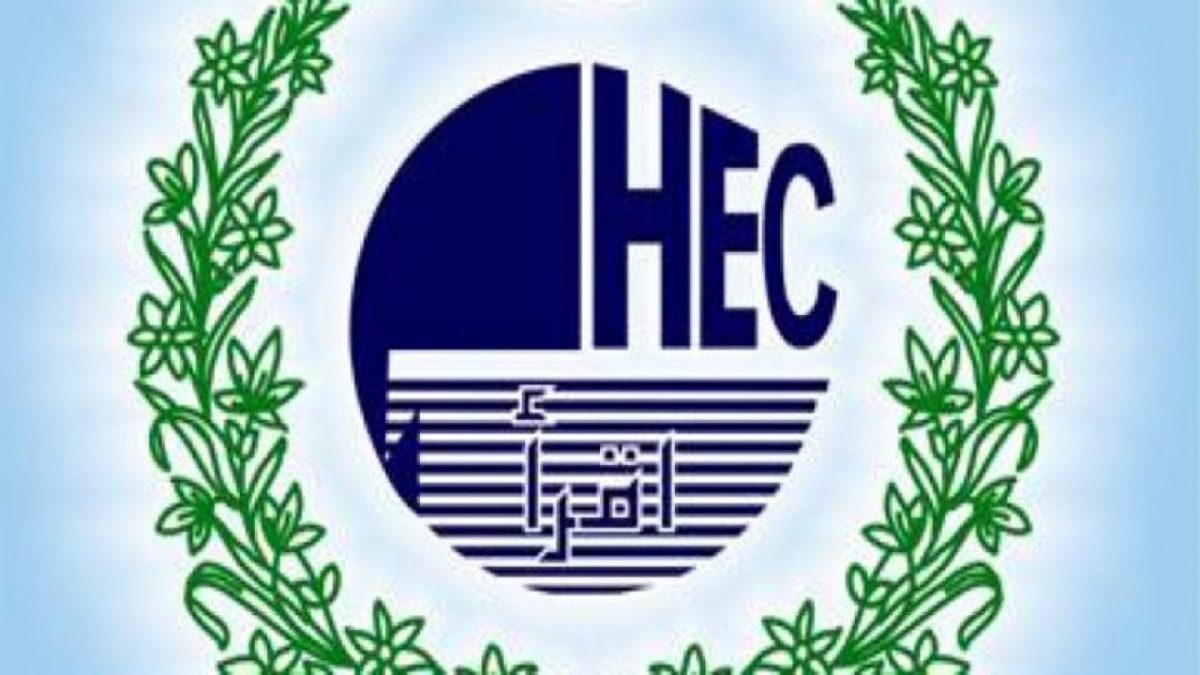THATTA, Jul 31 (APP):The speakers at a workshop on Wednesday said the Mangrove forests in Pakistan faced serious threats from illegal cutting, pollution, land reclamation and climate change that needed to be preserved through joint efforts as they were critical for climate resilience and local livelihoods.
This was stated by speakers during workshop on the World Mangroves Day organized by WWF-Pakistan at Shaheed Zulfikar Ali Bhutto Institute of Science and Technology (SZABIST) ZABTech in Gharo, Thatta, a news release said.
They said that the joint efforts of government departments, non-governmental organizations (NGOs), and local communities have played a pivotal role in the conservation of mangrove forests and coastal resources. The event brought together experts, community leaders, and organizations to discuss the role of mangroves in promoting local livelihoods, enhancing community resilience, and improving environmental sustainability in the coastal areas of Pakistan.
Speaking on the occasion, Majid Sheikh, Assistant Commissioner of Keti Bundar and Ghorra Bari highlighted the critical role of mangroves in the ecological health of the Indus delta and remarked that these forests acted as natural shields against coastal erosion, sea intrusion and extreme weather events. These forests also protected the coastal communities from coastal flooding and other natural disasters.
Sheikh also pointed out that the economic benefits derived from mangroves included support in enhancing fisheries and provision of resources for local livelihoods.
He lauded WWF-Pakistan’s efforts in protecting the coastal resources and called for continued collaboration among government agencies, NGOs, and local communities to ensure the sustainable conservation of these critical ecosystems.
Jawad Umer Khan, Manager WWF-Pakistan, said that mangrove forests act as natural barriers against coastal erosion and storm surges, protecting both the environment and local fisher communities.
He said that despite multiple challenges, mangroves cover in Indus delta has increased from 86,000 in 2005 to over 200,000 ha in 2024.
He appreciated the role of the Sindh Forest Department, conservation organizations, and local communities in improving the mangroves cover in the deltaic region.
Further, he underscored the need for implementing better management practices in fisheries and recommended strategies to reduce post-harvest losses and improve local livelihoods through enhancing aquaculture in the Indus Delta. Khan also discussed the significant contribution of women in entrepreneurship, climate change adaptation, and disaster risk reduction in the coastal areas of Pakistan.
Dr. Amir Alamgir, Professor at the Institute of Environmental Studies, University of Karachi, highlighted the critical role of youth in mangrove conservation efforts.
He remarked that the youth in the country could be mobilized to drive effective conservation initiatives. By engaging in mangrove restoration and conservation projects, youth can significantly contribute to improving the existing forest cover.
Dr. Alamgir proposed integration of environmental education into school curricula and encouraged participation of youth in community-based conservation efforts.
Dr. Fakhruzzaman, Assistant Director at Sindh Environmental Protection Agency (SEPA), said that the agency has implemented various initiatives aimed at preserving coastal ecosystems, such as pollution control measures.
He emphasized the importance of collaboration with local communities to ensure the sustainability of the conservation initiatives. “By conducting regular environmental assessments and promoting best practices in waste management, SEPA is actively working to mitigate the impacts of industrialization and urbanization on coastal regions”, he added.
Mehreen Iqbal Soomro, District Child Protection Officer, government of Sindh, put spotlight on the role of women and children in nature conservation initiatives.
She said that they often remain closely connected with the local environments.
The students from the coastal communities participated in the event and sang poetry and performed tableau highlighting the cultural and ecological significance of the mangrove forests and the coastal ecosystem. The performance underscored the importance of community involvement in conservation efforts, showcasing the younger generation’s commitment to preservation of this natural heritage.
Other speakers who discussed the challenges to mangroves and proposed conservation strategies in the coastal belt of Pakistan included Dr. Farrukh Nawaz, Director of the Institute of Environmental Studies, University of Karachi; Vinod Kumar, Coordinator, WWF-Pakistan; KB Behrani, Additional Director of Social Welfare; Dr. Babar Hussain, Coordinator, WWF-Pakistan and Aslam Ansari, Director Sindh Fisheries Department.
مضمون کا ماخذ : لاٹری ایپلی کیشنز کے فوائد
